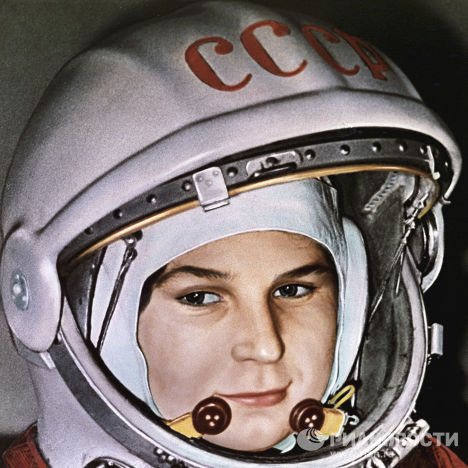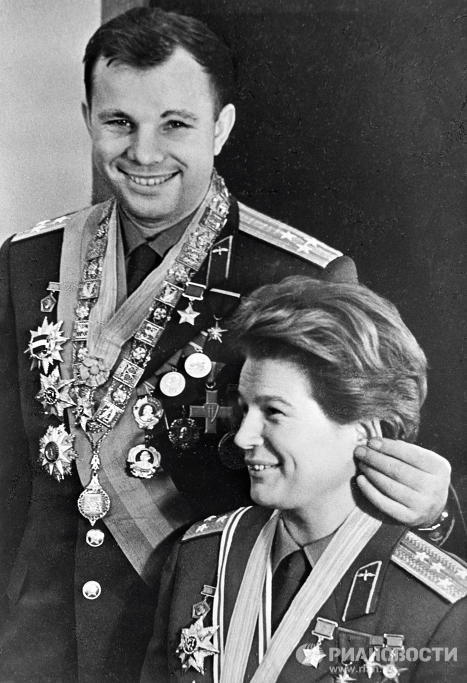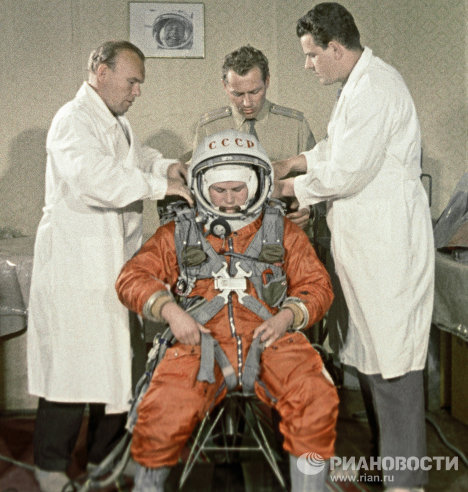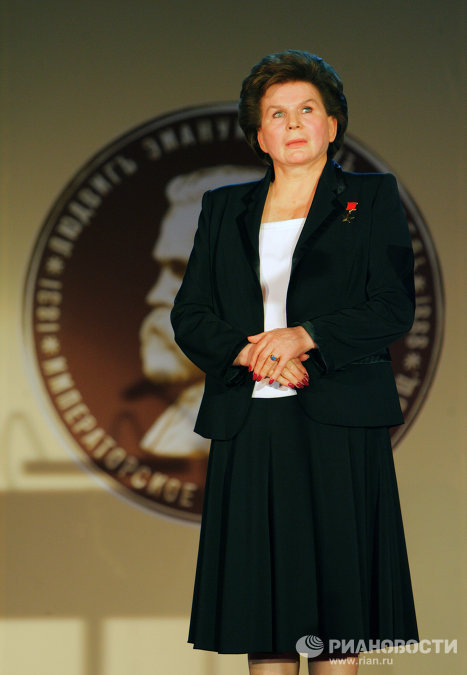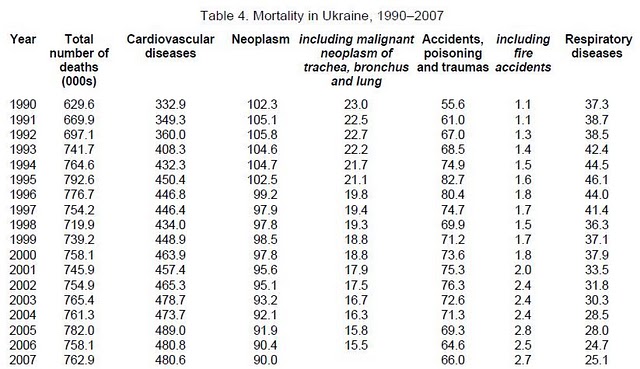Loss of Chechnya: the case for the defence
Chechnya’s ex-foreign minister Ilyas Akhmadov has published a book chronicling the loss of his republic to Russia. Politicians from other countries with similar tales of loss and betrayal have tried to justify their actions in the same way. Oliver Bullough examines the current situation in the light of some of their accounts.
If a politician has lost an election, he writes a book about it. If he has lost a whole country, however, you might expect him to keep it quiet. Nonetheless, over the centuries, a few men have taken on the task of explaining away the most enormous failure that a political career can end with.
Russia has tended to be the villain in these memoirs because of its habit of periodically swallowing its neighbours. As a result, it looked as though the genre might die with the Cold War, when Moscow finally lost its empire. In previous centuries, exiled ex-leaders of briefly-independent Georgia or Ukraine committed their excuses to paper, but those states are free now. So who could be left to remind us how we abandoned their small nations to Russian vengeance?
Enter Ilyas Akhmadov, who ably fulfils that role on behalf of the Chechens – for whom he was briefly foreign minister, although he lacked a ministry even before he lacked a country. And his memoir does so in bewildering detail. I already knew the names and biographies of many of the people he mentions, but even I struggled with sentences like this one: “it must have been when I was praising his house that Aushev asked me about the cement factory in Chiri Yurt”.
From the progression of the exiles’ memoirs, you can trace the development of the world order, as the leadership of the Western world swings away from Europe. The Polish captain blamed the French in the 1830s, while Zhordania and many others blamed the British in the 1930s and after.
“For the 250,000 Polish Servicemen who fought under British command, the Yalta agreements came as an unbelievable shock,” wrote Kazimierz Sabbat, Poland’s last president in exile before the collapse of communist rule, in Polonia Restituta, with admirable restraint considering the vastness of Poland’s betrayal at the Yalta conference.
Writing today, Akhmadov blames the Americans.
“The lack of a principled assessment in the West contributed to the radicalization of the Chechen resistance; the West was seen as acquiescing to Russia, leaving only two available paths: submission to (Russia’s ally) Kadyrov or jihad,” he writes sadly.
“It is either Kadyrov or extermination and that choice is being hailed by the outside world, somehow, as a sign of progress.”
(Via Open-Democracy: Russia; Post Soviet World)

